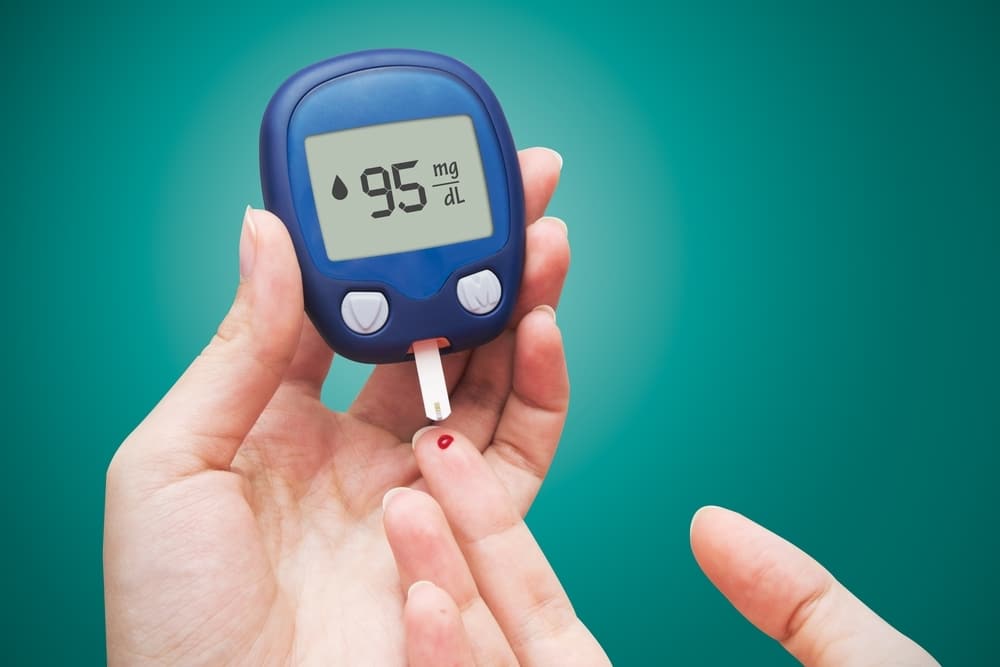Contents:
- Medical Video: Treating HIV Immediately
- Medications for HIV treatment therapy
- Side effects of HIV drugs
Medical Video: Treating HIV Immediately
AIDS is caused by HIV, human immunodeficiency virus, which damages the immune system. A strong combination of drugs is a trend for current HIV treatment. This drug therapy is called antiretroviral therapy (ART).
Before HIV treatment, it is recommended to carry out many HIV tests to ensure that there are antibodies in the blood that fight HIV. Unfortunately, these antibodies do not protect against HIV. The immune system produces it in response to infection, which will indicate the presence of HIV. Then, a test called viral load run to determine how well the treatment works. Viral load You can be tested every three to six months before starting a new HIV drug, and two to eight weeks after starting a new treatment.
People who have HIV must also be tested for depression and substance abuse. This complication is often found together with an HIV diagnosis. This complication can also interfere with the proper discipline of ART.
You also have to run a balanced diet that provides all the essential nutrients for good health. Daily exercise is also important. This not only helps fight HIV but is also good for your overall physical and mental health. You should also consider avoiding alcohol, tobacco and drugs.
Medications for HIV treatment therapy
There are several drugs used for HIV treatment therapy that help slow the progression of the disease, including:
- Nucleoside reverse transcriptase inhibitors (NRTIs) such as zidovudine (Retrovir), abacavir (Ziagen), and emtricitabine (Emtriva), which blocks one of the enzymes that HIV needs to replicate in cells.
- Non-nucleoside reverse transcriptase inhibitors (NNRTIs) such as efavirenz (Sustiva), etravirine (Intelence), and nevirapine (Viramune), which target the same enzymes as NRTIs, but with different chemical structures.
- Protease inhibitors (PIs) such as atazanavir (Reyataz), ritonavir (Norvir), and tipranavir (Aptivus), which stops the production of one component of HIV.
- Entry inhibitors, which blocks the entry of HIV into CD4 cells. This type of drug includes 2 small divisions: the first is the CCR5 antagonist (also called entry inhibitors), such as maraviroc (Selzentry) which blocks CCR5, a protein receptor on the surface of CD4 cells (immune system cells) that are bound by a virus to enter the cell. The second is fusion inhibitors, such as enfuvirtide (Fuzeon) which also blocks the ability of HIV to enter CD4 cells.
- Integrase inhibitors such as dolutegravir (Tivicay), elvitegravir (Vitekta), and raltegravir (Isentress), which blocks HIV from inserting viral DNA into host cells.
Consult your doctor or specialist about the treatment that works best for you. Treatment changes can be based on many factors. Possible reasons include:
- The effectiveness of your current regimen
- Your symptoms
- Your general health
- Various considerations for lifestyle
- Changes to your health
Side effects of HIV drugs
There are several side effects and common complications of various HIV drugs, including:
- Anemia, abnormalities in red blood cells
- Diarrhea
- Headache and dizziness
- Fatigue
- Nausea and vomiting
- Pain
- Nervous disorders
- Rash
- Unusual fat loss, or fat buildup (lipodystrophy)
- Insulin resistance and increased blood glucose levels (hyperglycemia)
- Reduced bone density
- Lactic acidosis, buildup of lactic acid in the bloodstream
- Swelling of the mouth or tongue
- Liver damage
Antiretroviral drugs can interact with some of the drugs you use, including but not limited to the following:
- Acid-reducing drugs and acid reflux, including antacids, proton pump inhibitorsand H2 antagonists
- Drugs and supplements that affect glycoprotein-p or CYP3A4 enzymes, such as St. John's wort
- Substances that affect the activity of the cytochrome P450 enzyme, such as red pomelo juice
Hello Health Group does not provide medical advice, diagnosis or treatment.












